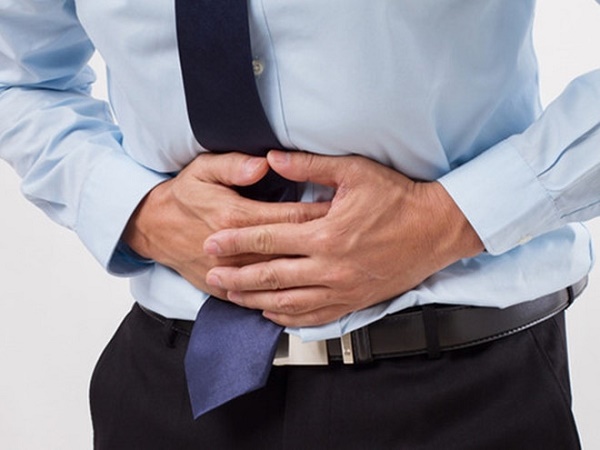Ensuring patient safety during surgical treatment is a very important factors that City International Hospital (CIH) always puts on top. The following article is about the safety rules in surgery of Ms. Vo Thi Hoai Thu, the nurse of the operating room (OR).
In terms of surgical safety, there are many standards to be followed:
- Accurate Patient Identification
- Improve effective communication.
- High-Alert Medication Safety
- Ensure patient safety during surgery
- Preventing surgical site infections.
- Prevent Patient Falls
1. Conditions such as combustion air temperature, humidity, room temperature, and barometric pressure are strictly controlled.
City International Hospital (CIH) is built in compliance to international standards. One of the outstanding problems that not every hospital in Vietnam has. It is air, pressure, temperature and humidity which is strictly controlled 24 / 24h.
-
Air:
First, the air is brought into the operating room according to the air treatment scheme as follows: Outdoor air → UV sterilization → Positive pressure generator → UV sterilization → HEPA FILTER filter. The incoming air is filtered through HEPA FILTER system capable of filtering 0.3 micron dust particles with 99.97 - 99.99% efficiency. This gas is supplied to every operating room.
Then, the exhaust gas system is continuously sucked through the ventilation boxes in the four corners of the room. The air and exhaust air are circulated continuously to ensure the air supplied to the operating room is always clean.
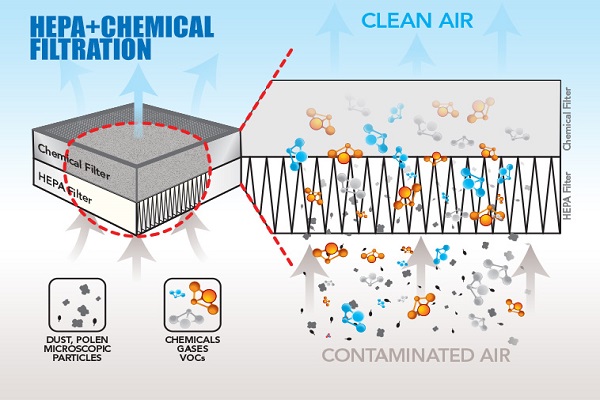
Figure 1. Common standards require that a HEPA air filter must remove particles whose diameter is both less than and greater than 0.3 μm.
-
Pressure:
Pressure is set according to an international standard. The pressure is positive pressure (# 10Pa, Pascal = N / m2), 20-25 gas exchanges / hour.
-
Temperature:
Temperatures in operating rooms are allowed to range from 18-22 degrees C.
-
Humidity:
Humidity is only allowed to range from 55 - 65%.
The temperature, pressure and humidity in each operating room have a 24-hour electronic sign and are closely monitored by operating room staff. The higher or lower the temperature changes, the more likely bacteria and mold will grow.
The pressure in each operating room is indicated by a meter. If the pressure is not working, the amount of air in and out will not be guaranteed. In the event of any abnormalities, the operating room will not operate, but must be checked by technical personnel.
2. Control of surface & water contamination
The operating room staff of CIH always adhere to the uniform, wash their hands regularly before entering the operating room.
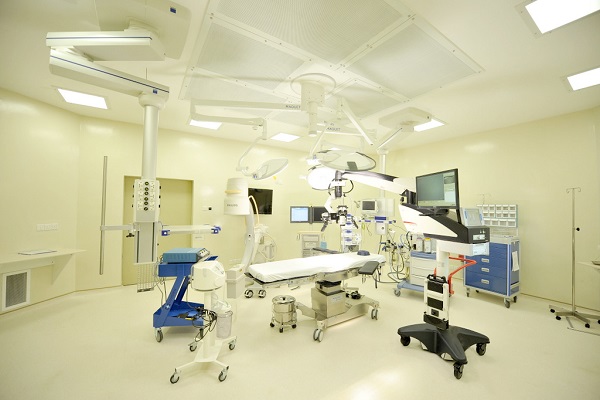
Figure 2. Operating Room (OR) at City International Hospital (CIH).
-
Surface cleaning:
The surfaces of operating rooms are always cleaned with disinfectant solution at the beginning of working hours and after every operation. At the end of each working day, the surgery area will be cleaned one last time.
Because of this strict adherence, a year ago the surface microbiological tests were "free of germs". Microbiological examinations will be conducted every three months or in special cases such as repair, replacement of Hepa Filter.
-
Water source in operating room:
The water source is treated and filtered through ANIOS WATER FILTER. The source of water is also implanted periodically and as a result no bacteria grows since the hospital is open until now.
-
Hand-hygiene practices in the operating room:
All employees are trained and checked regularly on the implementation of 07-step hand washing technique according to JCI training and follow 05 hand-washing times recommended by WHO.
3. Control of surgical instrument infections
- Clean, disinfect, and sterilize tools:
What is special in CIH hospital surgery area is that all instruments are autoclaved by methods such as steam sterilization, E.O gas or sterrad. Tools after being sterilized have tests to prove the level of sterilization reached 100%.
We do not use sterilizing surgical instruments with high sterilizing solution because this method poses risks for patients such as:
- Does not kill all bacterial spores.
- Chemicals may remain on the device to cause unsafe for the patient.
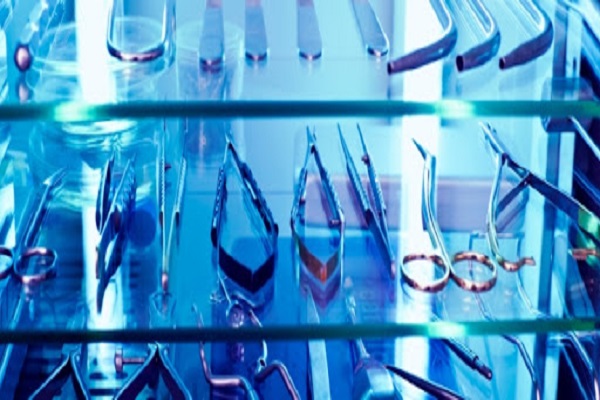
Figure 3. Clean, disinfect, and sterilize tools.
- Handling of tools after use:
The staff at the Pasteurization Supply Center strictly follow the closed rules here. Procedures: Receive equipment after use -> soak decontamination -> rinse with machine -> dry -> pack -> sterilize.
Step by step, we have our standard test. If any of the steps does not work, the Pasteurist - Pasteurization Center staff member will inspect and repeat that step.
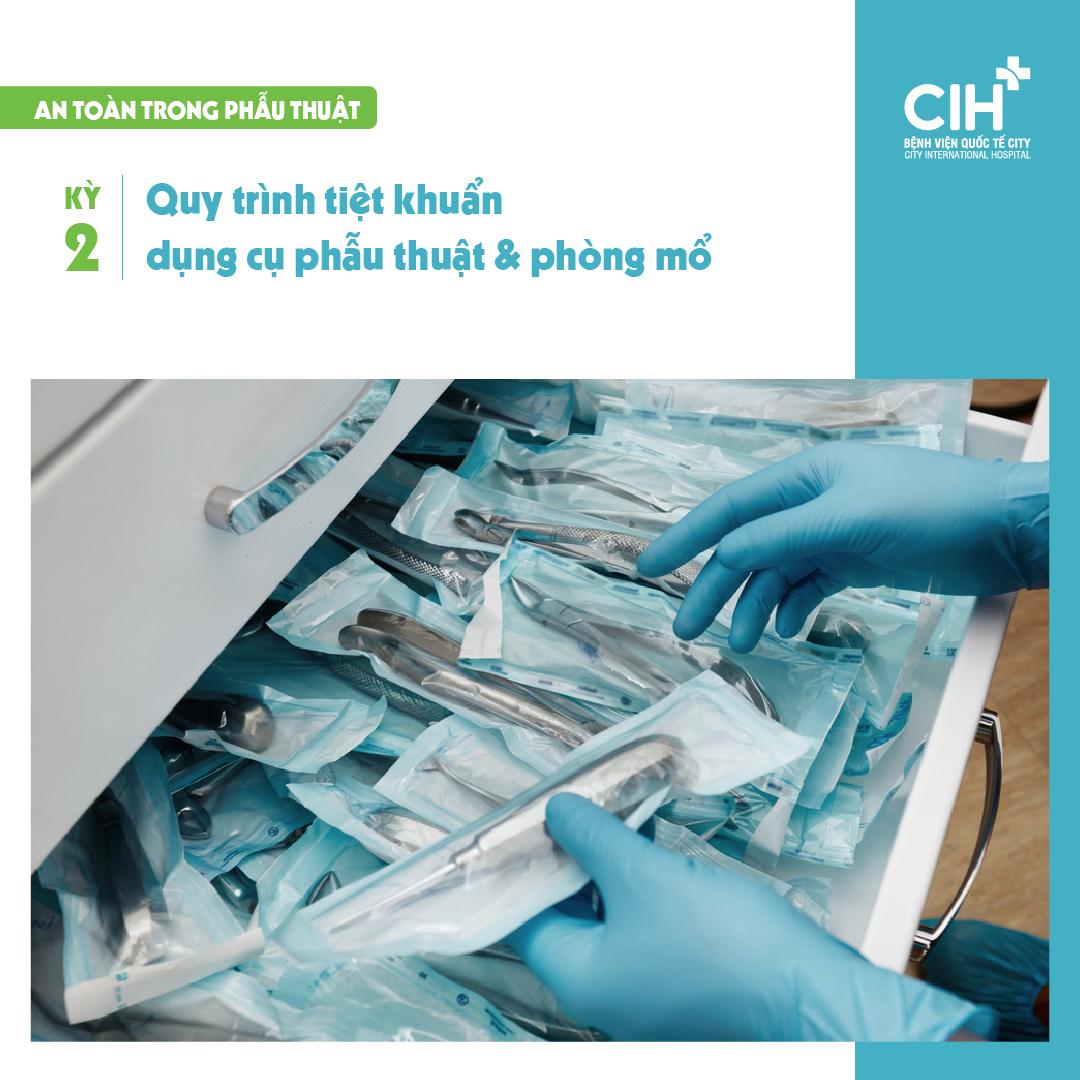
Figure 4. Strictly follow the process of sterilizing surgical instruments and operating rooms.
- Storage tools:
Storage of surgical instruments is also regularly checked for temperature and humidity within the allowed 24 / 24h.
4. Accurate identification of patients
Part of the Surgical Safety standards is accurately identifying patients, surgical methods, surgical positions according to JCI standards, with operating room staff always complying with checking patient information before - in - at least four times after surgery.
- Step 1: When the patient is taken to the reception area of the surgery.
- Step 2: Before the patient was taken to the operating room. This is done by anesthesiologist, anesthesiologist, nursing device in the inner ring, and nursing in an external device (Sign In).
- Step 3: To be performed by surgical staff before conducting skin incision of patients (Time Out).
- Step 4: Performed by surgical staff before taking the patient out of the operating room (Sign Out).
Thanks to the strict compliance with the patient check and medical records, from the operation room up to now, no errors have been recorded.
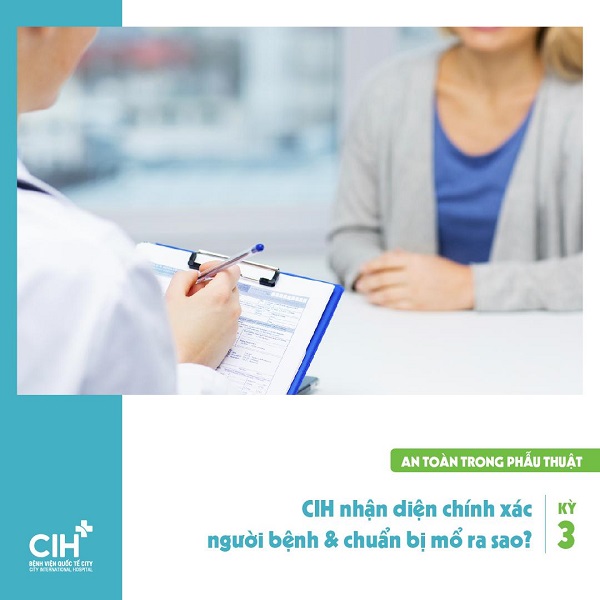
Figure 5. Surgical Safety standards: accurately identifying patients, surgical methods, surgical positions compliance to JCI standards,
Source: Ms. Vo Thi Hoai Thu, Surgical Nurse , City International Hospital (CIH).
Should you have any questions, please do not hesitate to contact us:
City International Hospital
- Address: No. 3, 17A Street, Binh Tri Dong B Ward, Binh Tan Dist. (Next to AEON Mall Binh Tan). Ho Chi Minh City.
- Operator: (+8428) 6280 3333, ext. 0
- 24/7 Emergency: (+8428) 6290 1155
- Website: https://cih.com.vn/en/
- Fan page: https://www.facebook.com/BenhVienQuocTeCity/
- Email: This email address is being protected from spambots. You need JavaScript enabled to view it.











